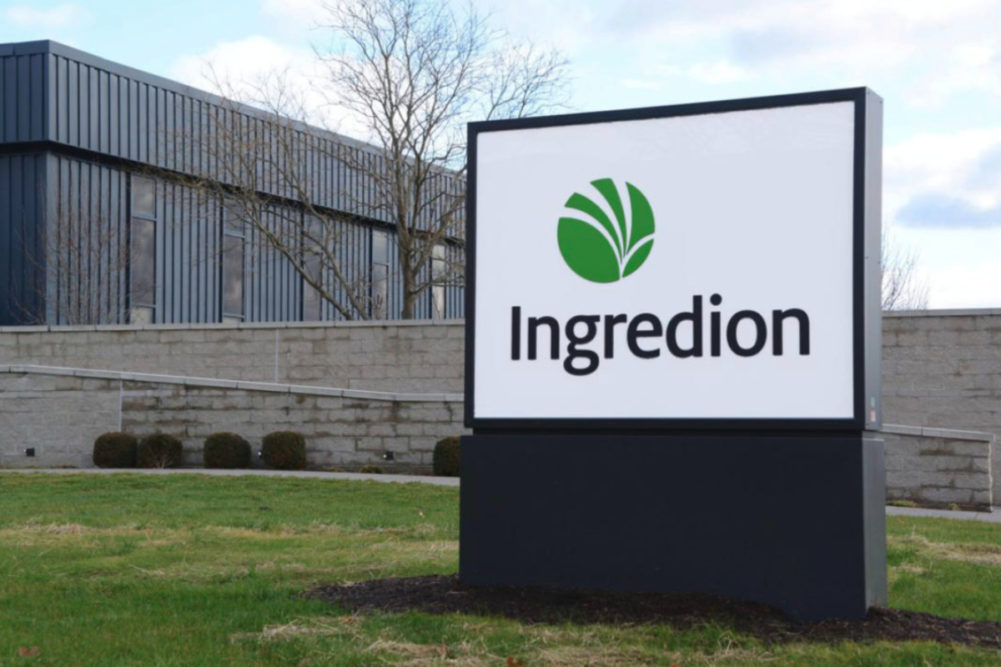WESTCHESTER, ILL. — The Science Based Targets initiative (SBTi) approved Ingredion Inc.’s 2030 emission reduction targets, affirming that they are consistent with the levels set by the Paris Agreement, the international treaty aimed at reducing global greenhouse gas (GHG) emissions. Ingredion’s targets for GHG emissions from its operations match reductions required to keep global warming below 2°C.
“By prioritizing science-based targets, we are taking another critical step in advancing our All Life sustainability plan and demonstrating our commitment to environmental stewardship for future generations and aligning with the expectations of our customers,” said Larry Fernandes, senior vice president and chief commercial and sustainability officer, Ingredion. “We are pleased by the sustainability progress we have made and remain committed to continuing our journey to reach our ambitious 2030 emissions reduction targets. SBTi’s validation provides us with a roadmap in line with climate science and reflects our purpose of bringing the potential of people, nature and technology together to make life better.”
SBTi is a collaboration between CDP, the United Nations Global Compact, World Resources Institute and the World Wide Fund for Nature. The initiative defines and promotes best practices in science-based target setting and assesses companies’ targets. By offering this independent evaluation and science-based target setting, SBTi drives climate action in the private sector.
Ingredion’s targets for 2030 reference 2019 as the base year and include reducing scope 1 and 2 GHG emissions by 28% and absolute scope 3 GHG emissions by 15%. Scopes 1 and 2 refer to Ingredion’s own operations, while scope 3 encompasses the company’s supply chain, including purchased goods and services, fuel and energy-related activities, upstream transportation and distribution, waste generated in operations, processing of sold products, and the use of sold products.
To achieve these goals, Ingredion has outlined a comprehensive plan that includes transitioning to renewable electricity, exiting coal at key facilities, transitioning from natural gas to biomass fuel sources at select manufacturing facilities, supporting regenerative agriculture, and engaging with suppliers and customers on collaborative emissions reductions.

